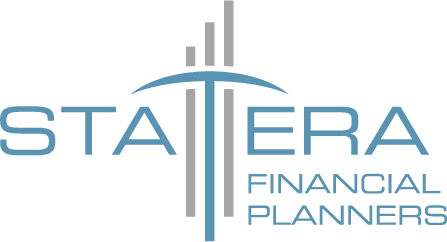Do You Have an Emergency Fund?
If there is one thing that the COVID-19 pandemic has taught Canadians, it is the need to build financial resilience and have an emergency fund. Whether you are looking for your first full-time job or actively planning for retirement, stowing away a small part of your earnings in a rainy-day fund can help you tide over difficult situations with ease. An emergency fund can not only serve as insurance against unexpected events that derail your income from covering the daily needs, it can also help you reach your short and long-term financial goals.
A 2020 FP Canada™ study found that nearly 40% Canadians said their bank accounts can’t withstand a financial emergency. 37% say they rarely or never put money aside in an emergency account, and 32% said that even after all their bills have been paid they still don’t stow away funds for emergencies.
An emergency fund is critical, and the pandemic is exactly the kind of crisis it's meant to protect you from. It’s easy to understand why you might think it’s impossible to save money when you’re already strapped. But financial planners like us can show you some easy and relatively painless ways to get started. The peace of mind it will give you will be a huge sense of relief!
Tips for Putting Money Aside
- Make your savings automatic by setting up a transfer from your chequing account to your savings as soon as your paycheque comes in or right before weekends, when you might be tempted to spend more. Remember, you don’t have to start big, you just need to start!
- Put your tax refund right back into your RRSP, TFSA or, at the very least, your emergency savings account. Avoid the temptation to spend it immediately.
- Use credit cards carefully and look at cash-back options, using sign-up bonuses that often give you a higher percentage of cash back when you first have the card. Transfer the cash back into your emergency fund. But be diligent about paying your balance in full every month or it defeats the purpose.
- Keep your emergency funds separate account from your regular chequing, possibly even at a different institution. That reduces the temptation to draw from the account and works as an out-of-sight, out-of-mind saving strategy.
- Talk to a Statera Financial Planners CFP® professional to help you come up with other strategies to get your emergency fund started depending on your unique circumstances.
Professional Help Builds Confidence
The FP Canada™ study also showed that people who work with a professional financial planner feel much more confident when it comes to money matters, especially if they received help coming up with a financial plan. Among those who have created a financial plan, 71% are confident that they will achieve their financial goals. Working collaboratively with financial planner like us can help you build a household budget and position yourself to be able to put savings away every month!
Plan Ahead
As with all plans, the trick to creating a rainy-day fund is to start when you don’t need one. As a first step, it is important to establish your financial priorities. A well-thought out financial plan goes a long way in ensuring that your budget and your cash flow are optimized for savings. All Canadians can benefit from planning their finances, whether it’s to determine how much money should go into an emergency fund or how to cut monthly expenses that will enable you to build that fund. It’s a win-win!
Full article here

As financial planners, we do not provide specific tax and legal advice. You should always consult your accountant and/or lawyer where necessary. Because of the many ways a strategy may be impacted when segmented, we prefer to communicate collectively with your external professionals to ensure that all recommendations and action plans are in the overall best interest of you, with your professionals working with common goals in mind.
You are never obligated to act on our recommendations of products, services, or advice.
